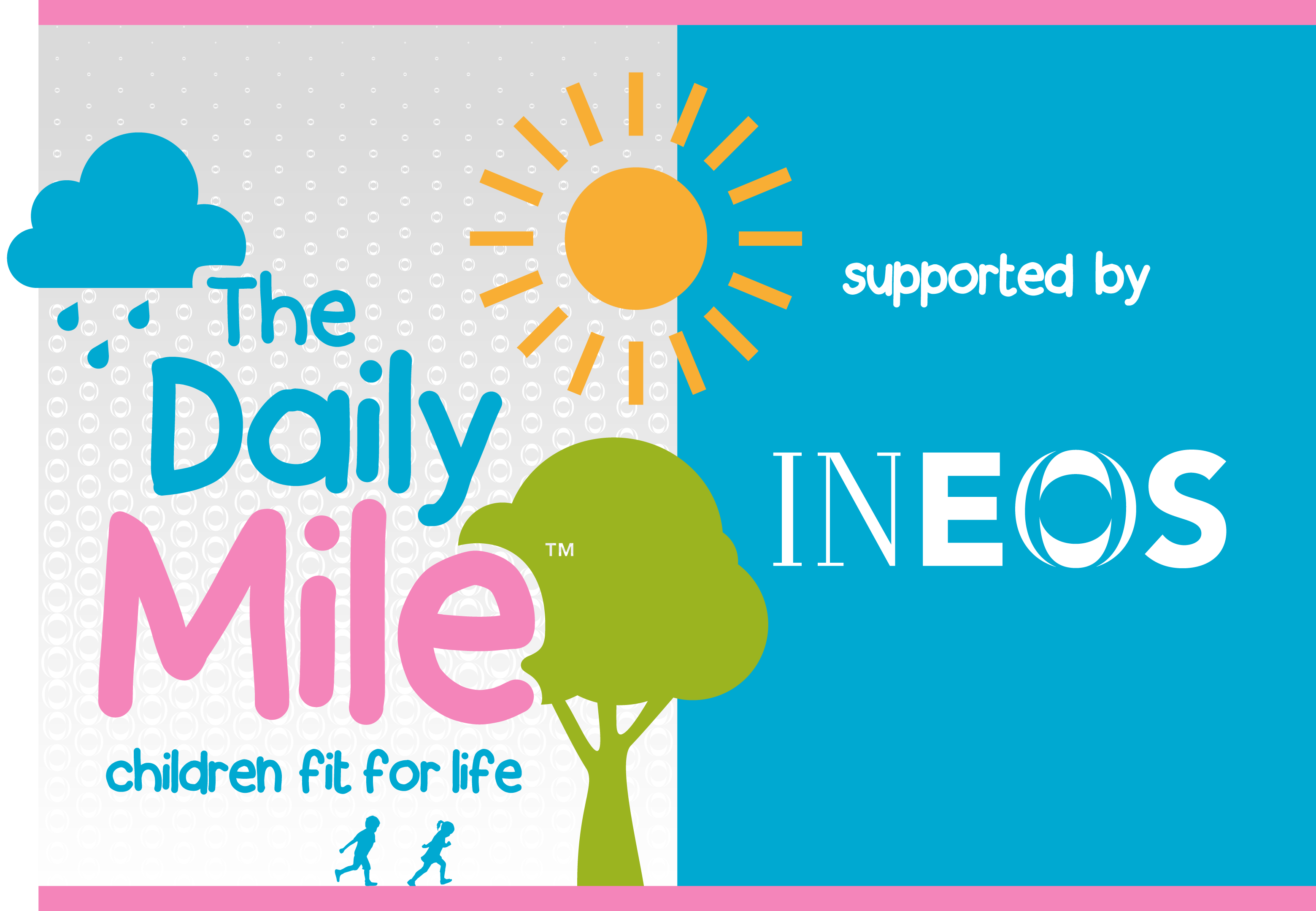How Movement and Exercise Help Kids Learn
Source: KQED
Date: 21-May-2020
Neuroscientist Wendy Suzuki was a rising star in the field of memory when she looked around and realised that her lifestyle wasn’t sustainable.
“I was trying to get tenure, and I was doing nothing but work,” she says. “I had no friends outside of my lab. I knew I needed to do something. I thought, at least I can go to the gym and try to feel stronger.”
She signed up for the classes that “looked the most fun.” As she expected, her mood and fitness level improved – but she began to notice something else at play. “About a year and a half into that regular exercise routine, I was sitting at my desk writing a grant and this thought went through my mind, ‘Writing is going well!’ I had never had that thought before. Then I realised that all of my work had been going better recently, and the only major change I had made to my life was regularly working out.”
That observation prompted her to explore what exercise was doing to her brain. “My hippocampal memory was clearly better at remembering details and retrieving information.”
These days, Suzuki has switched her primary research focus to the cognitive benefits of exercise. She is the author of the book Healthy Brain, Happy Life: A Personal Program to Activate Your Brain and Do Everything Better, and gave a popular TED Talk on exercise and the brain.
The Case for Movement in School
Recess has cascading benefits for children, says Suzuki. “It really has to do with what we know about how the brain works and how we can rejuvenate brain activity – particularly focus, attention and mood. When you cut down recess, you are removing time that kids can run around. And when they run around, their brains are getting a bubble bath of good neurochemicals, neurotransmitters and endorphins. These help memory and mood. A simple burst of exercise helps students focus better — to filter out what they do and do not need to pay attention to in class.”
She argues that movement breaks in K-12 classrooms support the deep kind of learning that they should be striving for.
Adding more movement to the school day is an attainable goal, says Suzuki. She points to a program called The Daily Mile, an initiative that started six years ago at an elementary school in Scotland. The head of school, Elaine Wyllie, “realised that students weren’t looking healthy,” says Suzuki, “so she asked teachers to take their students for a 15-minute walk or run every day.” More than 11,000 schools in 78 countries — including half of all schools in Scotland — have now adopted this program. The website includes guidelines and tips for making the program accessible to all students with the aim of helping them become “fitter, healthier, and more able to concentrate in the classroom.”
To view the article in full, please click the link below.




